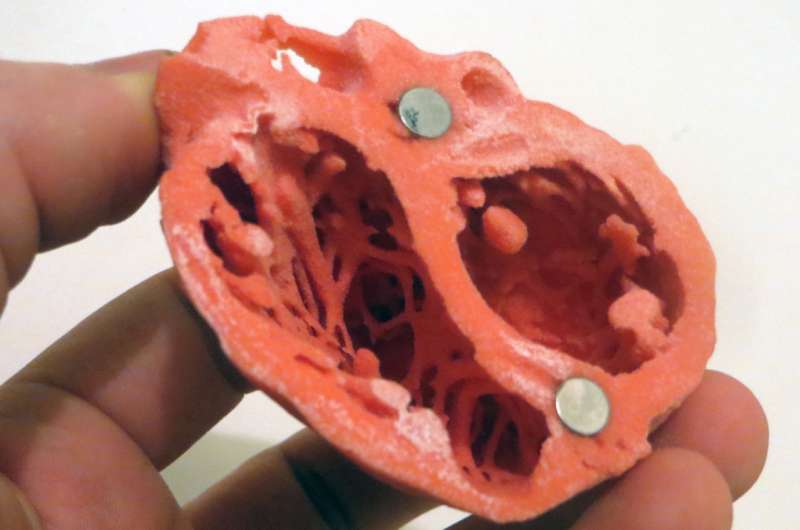Breakthrough Monoclonal Antibody Offers New Hope in Sepsis Treatment

A novel monoclonal antibody developed by scientists at UVA and Michigan shows promise in preventing sepsis by stopping cytokine storms, with potential for broader inflammatory disease treatment.
Scientists at the University of Virginia School of Medicine and the University of Michigan have developed a pioneering monoclonal antibody aimed at combating sepsis, a life-threatening full-body infection. This innovative therapy not only targets sepsis but also shows promising potential for treating various other inflammatory disorders, including autoimmune diseases.
In laboratory tests involving mice, the antibody demonstrated remarkable versatility and could significantly impact the fight against severe inflammatory conditions, such as acute respiratory distress syndrome (ARDS), which gained prominence during the COVID-19 pandemic, and ischemia-reperfusion injury, a common complication in organ transplants. The research sheds light on the molecular mechanisms behind sepsis and introduces a promising diagnostic tool capable of detecting and monitoring the condition rapidly.
Lead researcher Jianjie Ma from UVA emphasized that this breakthrough could revolutionize current standards of care. The antibody was engineered to neutralize the hyperactive immune responses responsible for sepsis, known as cytokine storms, thereby preventing organ damage. Importantly, initial studies indicate it can do so without the adverse effects seen in traditional sepsis treatments, such as immune suppression.
The antibody works by inhibiting inflammatory cytokines and restoring immune cell function, notably macrophages, while shielding lungs from sepsis-induced injury. Complementing this therapeutic approach, the team developed PEdELISA, a platform that measures six cytokines from a single plasma drop within two hours, facilitating early diagnosis and real-time patient monitoring.
Yongqing Li of the University of Michigan highlighted the broader implications, noting the antibody’s potential to treat autoimmune conditions, cancer, and diabetes by correcting immune dysregulation. Clinical trials are planned at UVA Health and Virginia Commonwealth University, aiming to translate these scientific advancements into lifesaving treatments.
Research into the molecular basis of sepsis uncovered feedback loops within macrophages that amplify harmful inflammation. The new antibody disrupts these loops, offering a fundamental advancement in understanding and managing sepsis.
UVA dean Melina R. Kibbe expressed pride in this discovery, underscoring UVA's commitment to transforming research into clinical solutions that can save lives. Overall, this research marks a significant step forward in the fight against sepsis and severe inflammatory diseases, with ongoing efforts to bring these innovations into widespread clinical use.
Stay Updated with Mia's Feed
Get the latest health & wellness insights delivered straight to your inbox.
Related Articles
New Insights into Cellular Processes Behind Drug-Resistant Cancers
Researchers have uncovered how cancer cells bypass DNA damage checkpoints to continue dividing, offering new avenues for resistant cancer therapies. Learn about groundbreaking findings on centrosomes and PLK1 enzyme involvement.
Innovative Drug Shows Promise in Managing Resistant Hypertension in Chronic Kidney Disease Patients
A groundbreaking study highlights baxdrostat's potential to lower difficult-to-control high blood pressure and protect kidney function in patients with chronic kidney disease, opening new avenues for treatment.
Osteoporosis Treatment Benefits for Individuals Over 80 Years Old
New research suggests that osteoporosis treatment for individuals over 80 who suffer fractures can significantly reduce hospitalization and mortality, emphasizing the importance of personalized care in aging populations.
Advancements in Ultrasound Technology Improve Prenatal Detection of Heart Defects, Yet Regional Disparities Persist
Recent advances in ultrasound technology have improved prenatal detection of congenital heart defects, but regional disparities still pose challenges. Learn how new protocols are making a difference.



